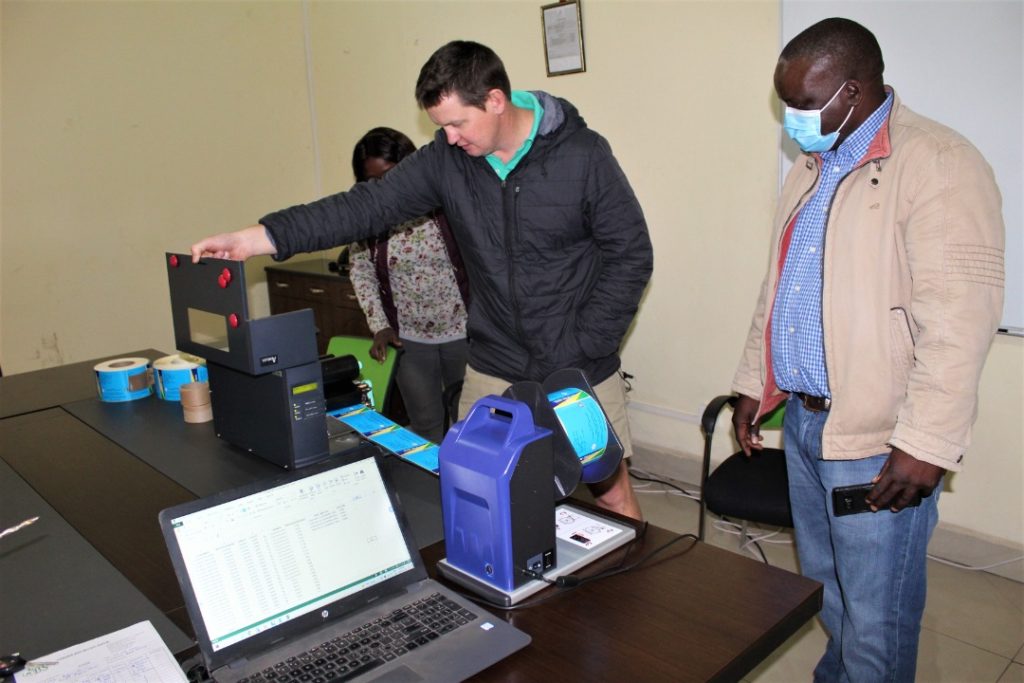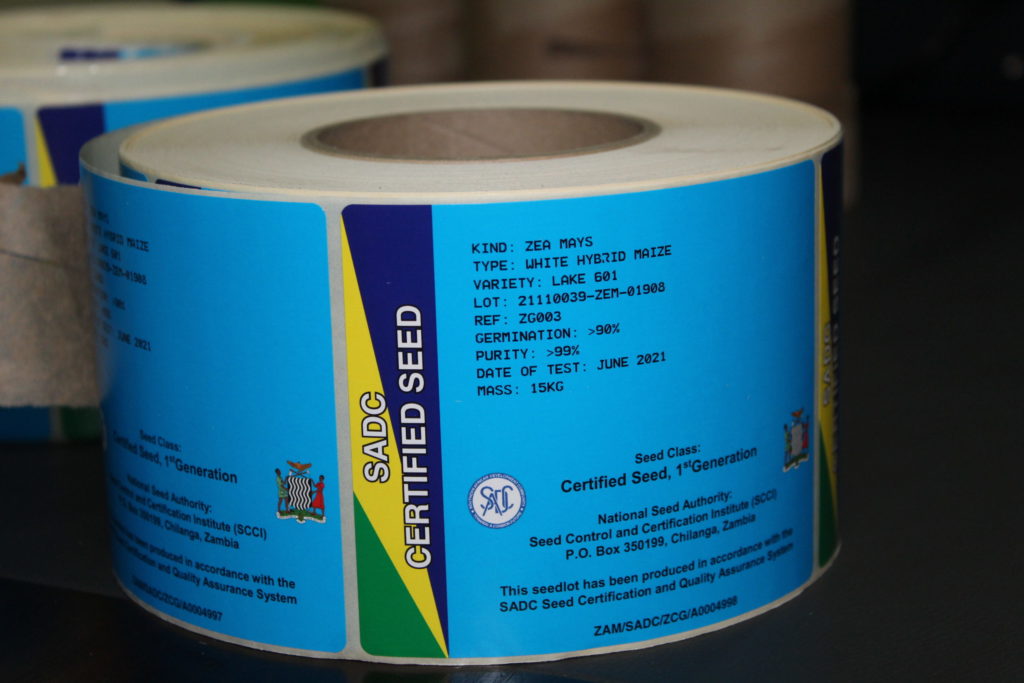An important component of the SADC Seed Variety Release system is the establishment and maintenance of the SADC Seed Variety Catalogue, which is maintained by the SADC Seed Centre and open to the public. The Southern African Development Community (SADC), under its Harmonized Seed Regulatory System, established this regional seed catalogue and database in 2014 to serve as a central repository and registry for improved, high-quality seed. The catalogue contains seed varieties that meet the regional standards and are approved by the SADC Seed Committee.
Once on the SADC Seed Variety Catalogue, registered seeds can be marketed and exported to any of the 16 SADC Member States by seed producers without additional testing or red tape. With support from USAID, the application process has been dramatically streamlined, and allows for release in two SADC countries. Once approved by both countries, National Seed Authorities (NSA) can apply to the SADC Seed Centre for approval to the regional catalogue. This means that seed producers no longer need to register their seed at the national level in each SADC Member State, but can instead focus on two national markets to gain access to all 16. This gives seed companies greater access to more markets much faster. Further, when registered, inspected, and packaged following the SADC standards for export, these seeds are also approved to bear the SADC seed label, ensuring a high-quality product and allowing for expedited border and customs checks, dramatically improving overall transit time.
Since 2016, there has been a concerted effort made to engage seed companies, helping to increase the number of seed varieties on the SADC Seed Variety Catalogue ranging from maize, sorghum and wheat to beans, groundnuts Irish potatoes and cotton. This has not only increased diversity of high-quality seed that can be traded within the SADC region, but also improves food security and nutrition, as well as economic growth.
Following are a list of specific benefits for national governments and seed producers:
Watch the videos below to learn more about the benefits of the SADC HSRS.


Seed producers can register improved seed varieties through a streamlined application process.
Learn More
Need market information? Discover which nations will have seed surpluses and deficits this season.
Learn More